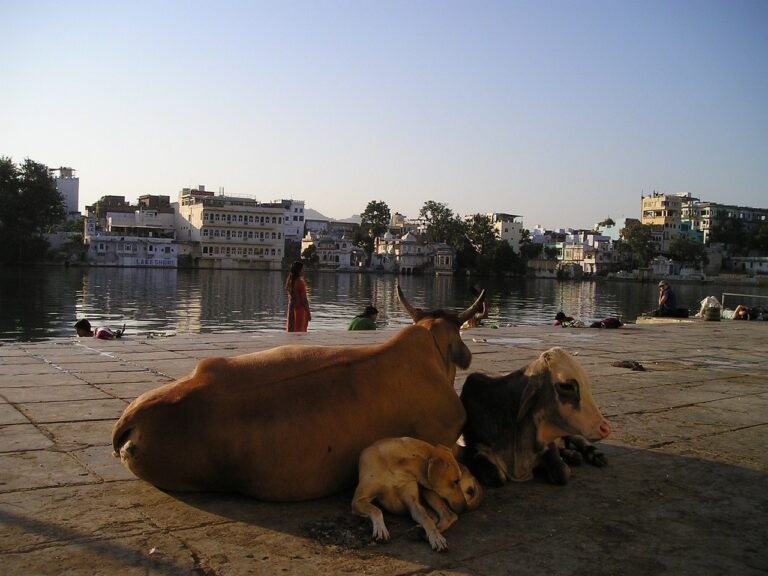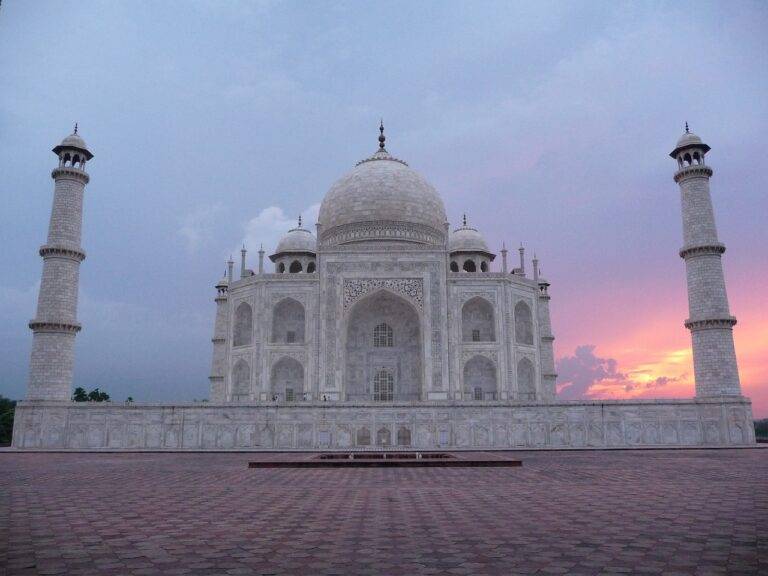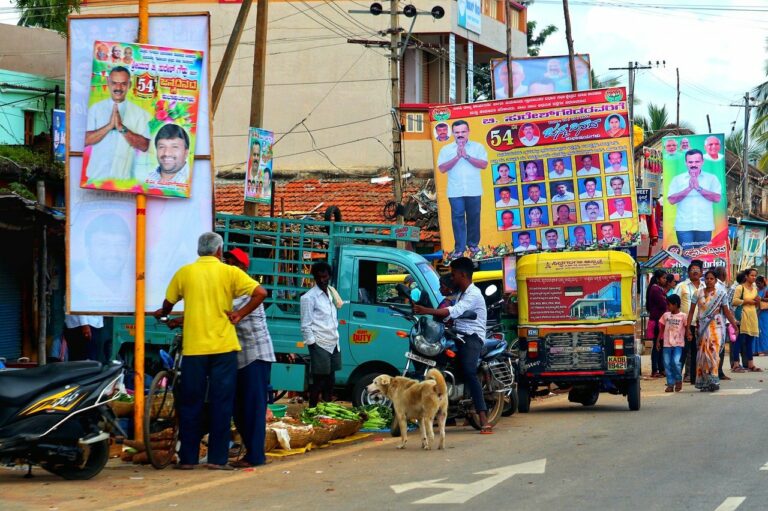Political Dynasties and Policy Formulation
Policy formation is a complex process that is influenced by a multitude of factors. One key factor is public opinion, as policymakers often consider the sentiments and preferences of the general population when developing policies. The media also plays a significant role in shaping policy decisions, as it has the power to shape public discourse and highlight critical issues that may warrant policy attention.
Moreover, economic conditions and resource availability can greatly impact policy formation. Policymakers must carefully consider budget constraints and financial implications when crafting new policies. In addition, interest groups and lobbyists have the ability to sway policy decisions by advocating for specific interests and promoting their agendas to policymakers. It is essential for policymakers to navigate these various factors thoughtfully to ensure that policies are effective and responsive to the needs of society.
Public opinion is a key factor influencing policy formation
The media plays a significant role in shaping policy decisions
Economic conditions and resource availability impact policy formation
Interest groups and lobbyists can sway policy decisions by advocating for specific interests
Influence of Family Background on Policy Decisions
Family background plays a significant role in shaping the policy decisions made by policymakers. The upbringing, values, and beliefs instilled by one’s family can greatly influence the way policy issues are approached and decisions are made. Individuals coming from a political family background may have been exposed to the intricacies of policy-making from a young age, giving them a unique perspective and advantage in understanding the nuances of governance.
Moreover, family connections and networks can also impact policy decisions. Politicians with strong family ties to influential figures in government or the private sector may be more likely to align their policy positions with the interests of their family members, leading to potential biases in decision-making. This close-knit environment can sometimes result in policies that benefit the family’s own agenda rather than the broader public interest.
Impact of Political Dynasties on Policy Making
Political dynasties have long been a prevalent phenomenon in many countries around the world. These dynasties often play a significant role in shaping policies due to their entrenched power and influence over decision-making processes. The concentration of power within a single family can lead to a lack of diversity in ideas and perspectives, potentially limiting the range of policies considered and implemented.
Members of political dynasties often have access to resources and networks that give them a competitive advantage in the political arena. This can result in policies that prioritize the interests of the dynasty over the general population, leading to potential conflicts of interest and unequal distribution of resources. The perpetuation of political dynasties can also hinder democratic processes by limiting competition and alternative voices in policy formation.
What are some factors that influence policy formation?
Some factors that influence policy formation include public opinion, lobbying efforts, external pressures, and the personal beliefs and interests of policymakers.
How does family background influence policy decisions?
Family background can influence policy decisions by shaping a politician’s values, beliefs, and priorities. Politicians from political dynasties may be more likely to uphold certain traditions or agendas that have been passed down through generations.
What is the impact of political dynasties on policy making?
Political dynasties can have a significant impact on policy making by perpetuating certain ideologies and interests within a family over time. This can lead to a lack of diversity in viewpoints and potentially hinder the development of more inclusive and innovative policies.







